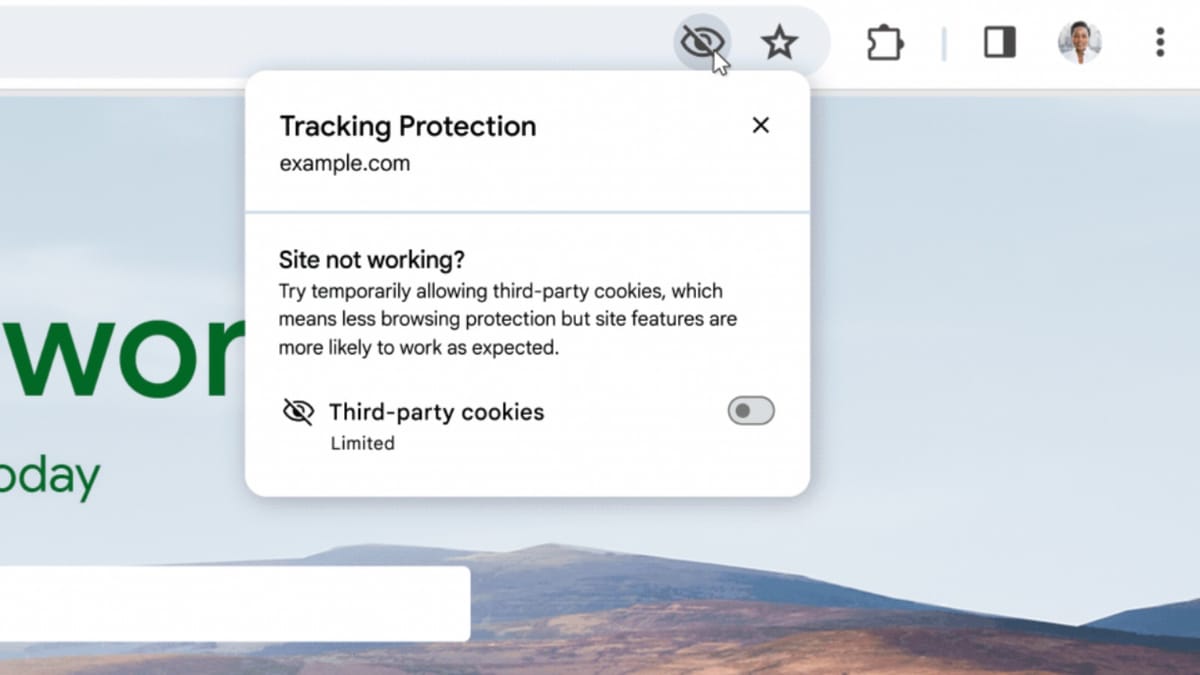

Google Chrome yesterday began a phased rollout of its changes to cookie tracking, with the launch of Chrome Tracking Protection, which restricts third-party cookies by default, began rolling out to 1% of Chrome users globally.
Third-party cookies are small pieces of data that are stored on a user's device by websites they visit. These cookies can be used to track a user's browsing activity across different websites, which can be used for advertising purposes.
Google will eventually replace third-party cookies with a new approach based on privacy-preserving APIs. Google plans to phase out third-party cookies entirely by the second half of 2024.
The phasing out of third-party cookies will make it more difficult for advertisers to track users across different websites. This could lead to a decrease in the effectiveness of targeted advertising.
Google is not the only browser that is phasing out third-party cookies. Firefox and Safari have already begun to do so.
Safari has been gradually phasing out third-party cookies since 2017. In 2023, Apple announced that it would completely disable third-party cookies in Safari by default in macOS Monterey and iOS 15. This change has already made it more difficult for advertisers to track users across different websites in Safari.
Firefox has also been phasing out third-party cookies, and it is now blocking third-party cookies by default in Firefox 95 and later. However, Firefox allows websites to opt in to a new tracking protection mode that will allow them to use cookies to personalize content and ads for users who have consented to this.

